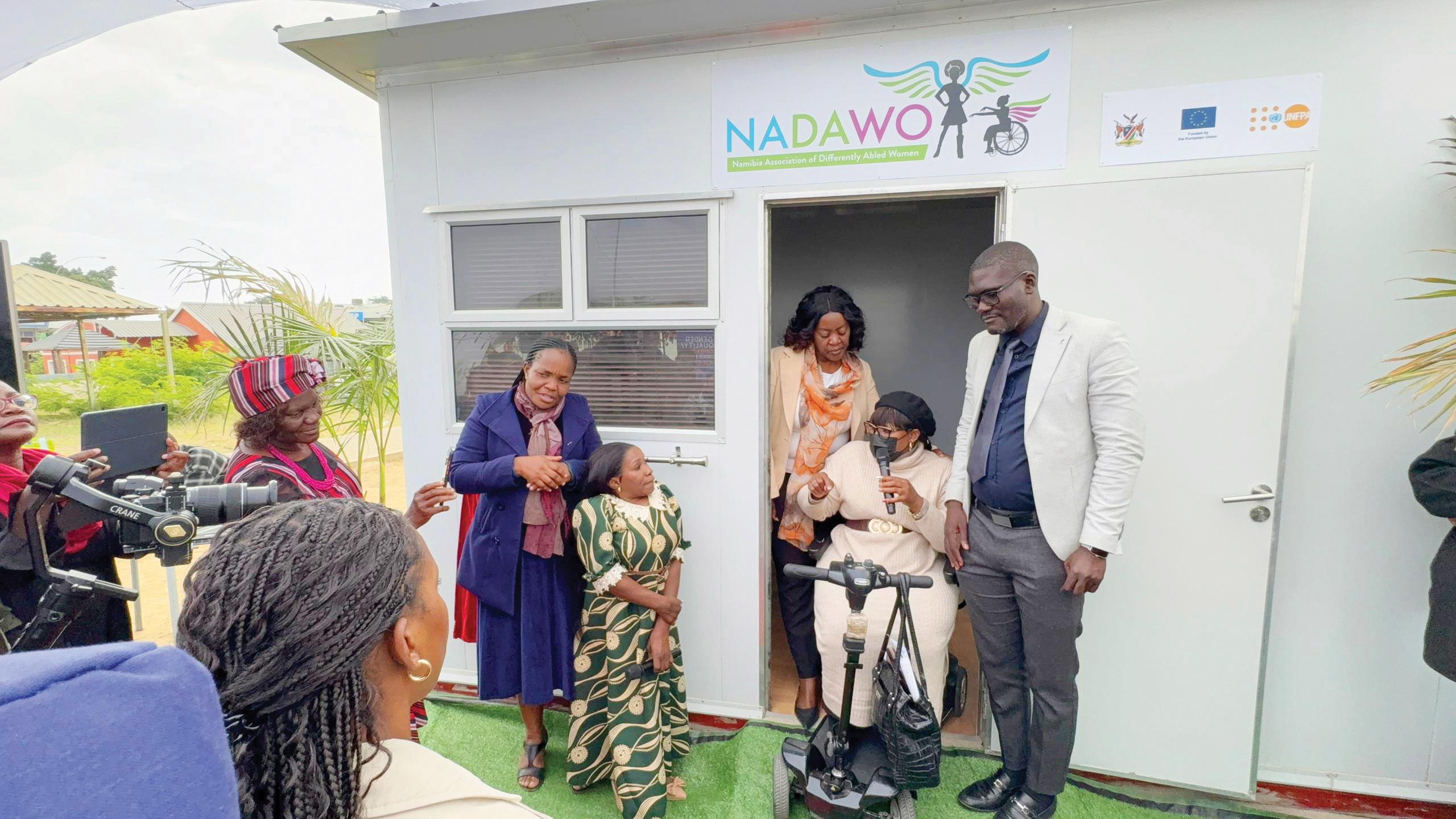
We’re for Namibians: Mariane Akwenye
Wellness entrepreneur Mariane Akwenye is redefining healing through Nomad Wellness Homestead, blending Namibian ancestral knowledge, inclusivity and purpose-driven entrepreneurship rooted in local soil and tradition.




